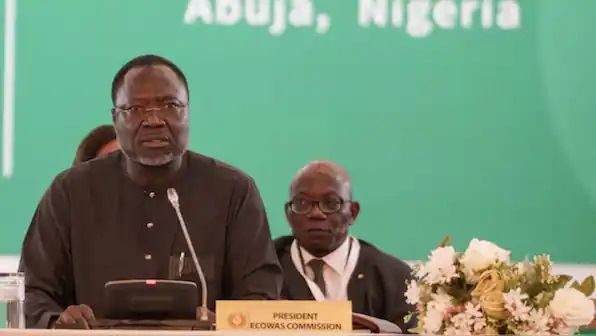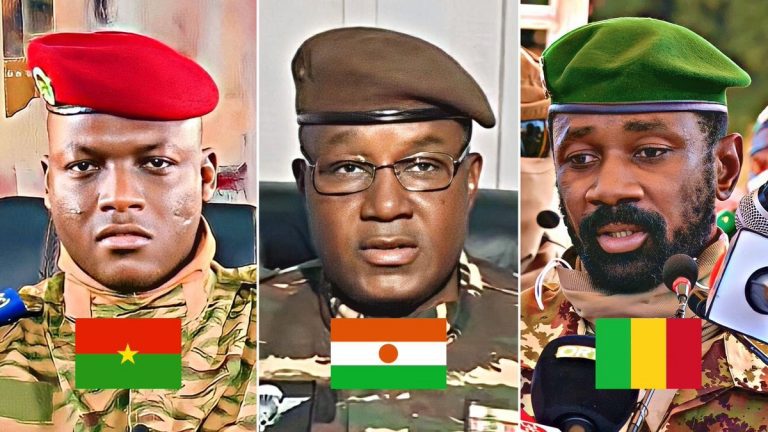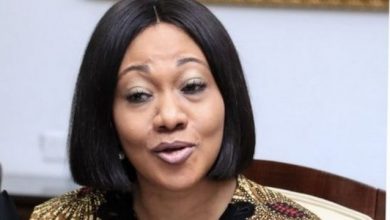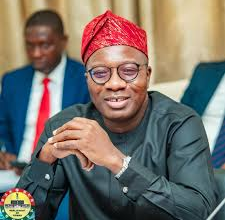ECOWAS risks disintegration after juntas form breakaway union

The Economic Community of West African States (ECOWAS) faces a severe challenge to its unity and regional security following the formalization of a breakaway union by Burkina Faso, Mali, and Niger.
The head of the ECOWAS commission described this move as a significant setback for the 50-year-old bloc and warned of dire consequences if the decision is not reversed.
The military leaders of the three countries announced on Saturday their irreversible departure from the 15-member ECOWAS to establish their own confederation, a decision influenced by their assumption of power through a series of coups between 2020 and 2023.
In response, ECOWAS had imposed sanctions and initially threatened military intervention, which was later retracted.
While some sanctions have been lifted, ECOWAS continues efforts to dissuade the juntas from leaving, expressing concerns that their departure could disrupt regional freedom of movement and undermine efforts against insecurity, particularly in intelligence sharing.
Omar Alieu Touray, President of the ECOWAS Commission, emphasized the risk of regional disintegration, prompting a renewed approach to address the crisis.
Senegalese President Bassirou Diomaye Faye has been appointed to mediate, chosen for his ability to engage with the younger military rulers who criticize Western influence, particularly that of France, in the region.
The military-led countries have expelled French troops, turning to Russia for military support.
Germany has announced the end of its operations in Niger amid failed negotiations with the ruling junta, while the US has withdrawn most troops, leaving a drone base in Agadez.
President Bola Tinubu of Nigeria, reappointed as ECOWAS chairperson, stressed the need for new partnerships to tackle political, economic, and security challenges in West Africa and the Sahel region, where jihadist groups threaten stability.

The signing of a treaty by Burkina Faso, Mali, and Niger to form the Alliance of Sahel States underscores their intention to develop common institutions and infrastructure, potentially affecting the rights of ECOWAS citizens to live and work freely across member states.
Adama Gaye, a former ECOWAS communications director, described the junta’s move as a significant blow to the bloc, highlighting internal challenges within ECOWAS regarding democratic principles.
He criticized ECOWAS for demanding free and fair elections while some member states do not meet democratic standards themselves.
The situation poses a critical test for ECOWAS as it navigates internal divisions and external pressures, striving to maintain regional cohesion and security amidst evolving geopolitical dynamics in West Africa and the Sahel.
Source-BBC




